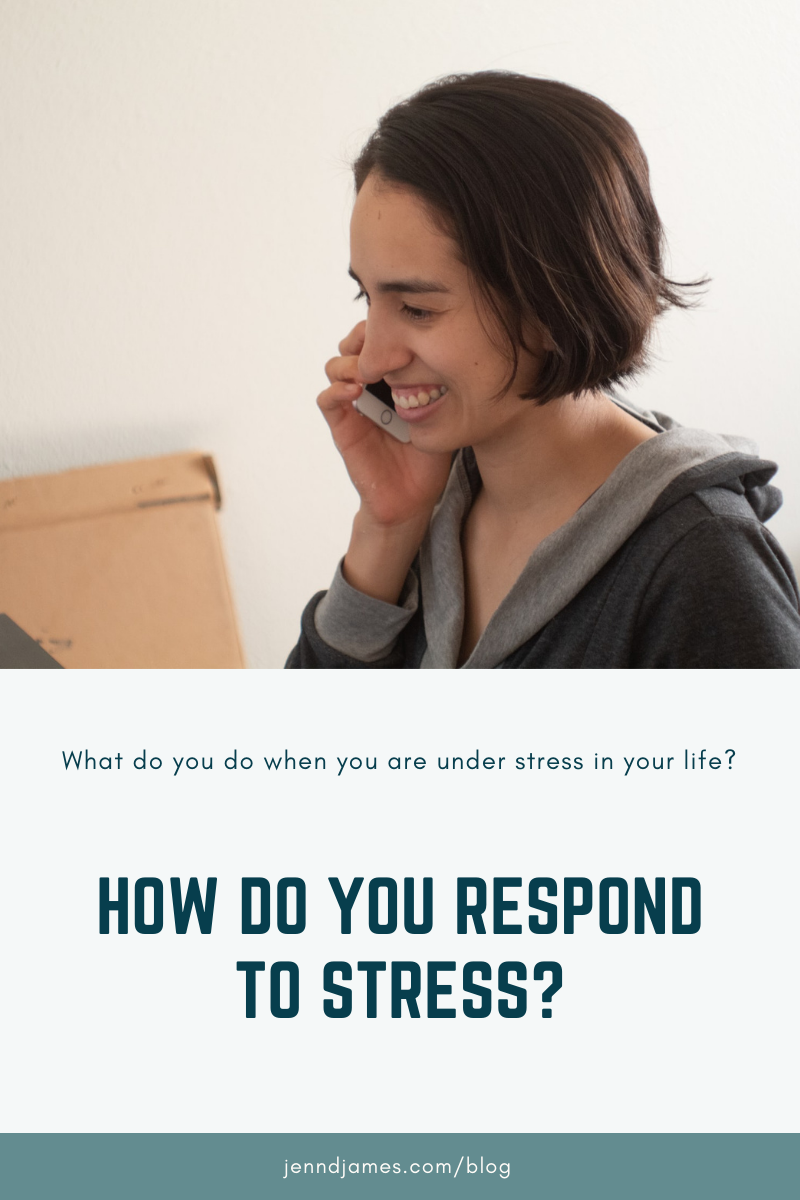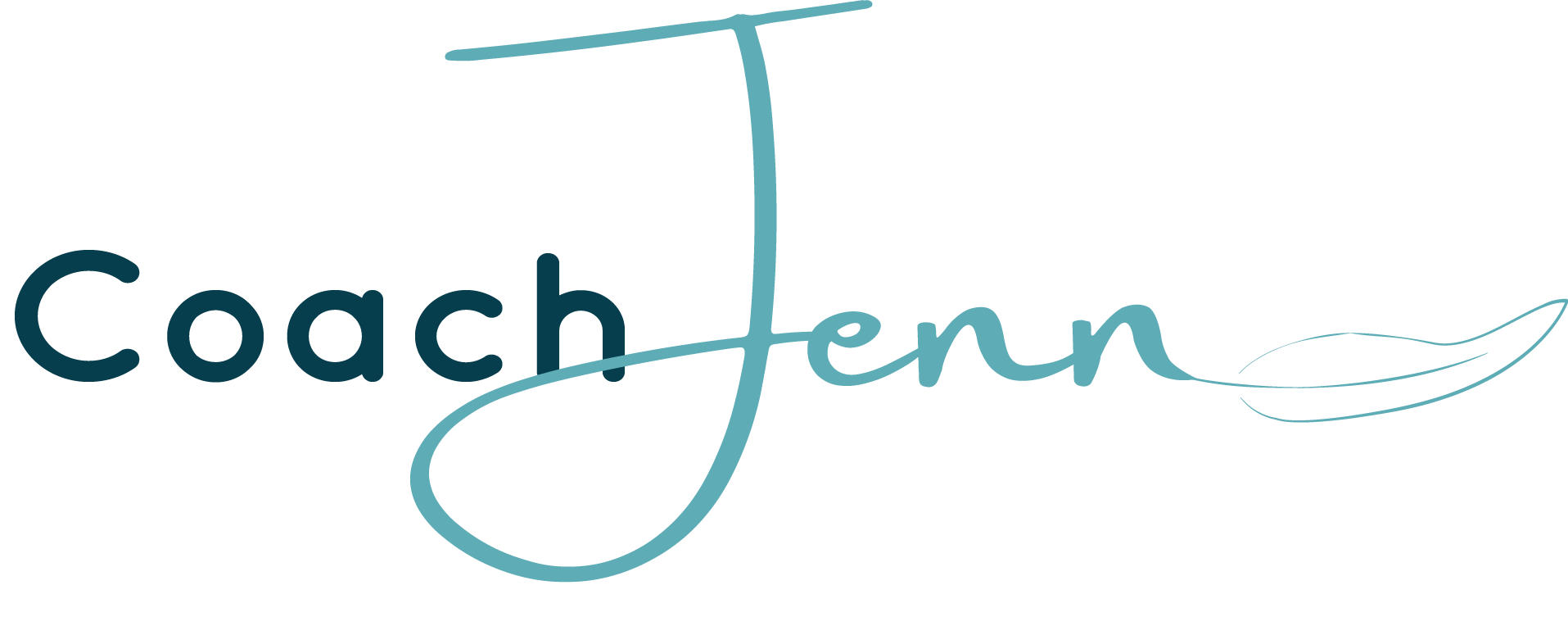 What do you do when you are under stress in your life? Is your work place a stressful environment, or your home life keeping you on edge, or maybe you worry a lot about something that might happen.
What do you do when you are under stress in your life? Is your work place a stressful environment, or your home life keeping you on edge, or maybe you worry a lot about something that might happen. We all have to deal with stress in some form or other.
Your response to stress can predict the happiness and enjoyment you have in your life. Did you know that how you deal with stress also affects your overall health?
Ok, Side note here... Not all stress is bad. If you avoid all stress, your life will be stagnant. Good stress like setting goals for what you want in life, helps you grow. Growth requires dealing with some stress, even if it's not great. Just like a tree won't grow roots to hold itself up if it doesn't have wind resistance while growing, we don't grow and develop ourselves if we don't have some stress and trials (wind) in our life.
Most people respond to stress in one of three ways.
1. The escape artist does anything she can to remove herself from the situation. Any solution that removes the stress in the short-term is a good option in her mind. The long-term consequences are of little concern. Hate your job? Quit, even if you don’t have another. Relationship stress? Leave them. You get the picture.
2. The distractor attempts to distract herself from the issue that’s causing the stress. This distraction often takes the form of watching TV, playing mindless games on a device, shopping, doing chores, surfing the internet, or eating unhealthy foods. This would be different than a short term distraction, this is more like the ostrich hiding his head in the sand where she is ignoring the issue in hopes it will go away.
3. The solver focuses on finding solutions to the cause of the stress. If there isn’t a solution to the stress, the solver does her best to relax and avoid worrying about anything beyond her control. Then other coping skills to relieve stress and worry can help.
Learning to respond to stress effectively is good for you in many ways!
Poor responses to stress can negatively impact your physical and emotional health, as they tend to internalize the stress or cause worse results than the original issue.
Stress is a part of life that must be managed effectively to maximize success, health, and happiness.
Use these tips to deal with stress intelligently and get the most out of your life:
1. Focus on finding a solution. There really isn't any other option that makes sense. If you're going to expend time and energy, expend them wisely. Rather than worrying, focus on finding a way out of the situation causing your stress. If there's nothing you can do, do your best to avoid worrying about it and use a coping skill to relieve your stress.
2. Implement your solution. Once you've found a solution, put your effort into implementing it. This is the best use of your time at this point.
Consider, how would your life be different if you committed all of the energy you spent worrying and put it toward finding solutions and putting them into action.
3. Avoid jumping at options that simply relieve your pain in the short-term. A natural tendency when faced with stress is to focus on a short-term solution. While this may relieve you of your stress in the near future, it will also likely cause you even greater pain down the road.
Avoid focusing on stress relief as a primary objective in your decision-making process. Maintain a long-term focus.
Your response to stress can predict the happiness and enjoyment you have in your life. Did you know that how you deal with stress also affects your overall health?
Ok, Side note here... Not all stress is bad. If you avoid all stress, your life will be stagnant. Good stress like setting goals for what you want in life, helps you grow. Growth requires dealing with some stress, even if it's not great. Just like a tree won't grow roots to hold itself up if it doesn't have wind resistance while growing, we don't grow and develop ourselves if we don't have some stress and trials (wind) in our life.
Most people respond to stress in one of three ways.
1. The escape artist does anything she can to remove herself from the situation. Any solution that removes the stress in the short-term is a good option in her mind. The long-term consequences are of little concern. Hate your job? Quit, even if you don’t have another. Relationship stress? Leave them. You get the picture.
2. The distractor attempts to distract herself from the issue that’s causing the stress. This distraction often takes the form of watching TV, playing mindless games on a device, shopping, doing chores, surfing the internet, or eating unhealthy foods. This would be different than a short term distraction, this is more like the ostrich hiding his head in the sand where she is ignoring the issue in hopes it will go away.
3. The solver focuses on finding solutions to the cause of the stress. If there isn’t a solution to the stress, the solver does her best to relax and avoid worrying about anything beyond her control. Then other coping skills to relieve stress and worry can help.
Learning to respond to stress effectively is good for you in many ways!
Poor responses to stress can negatively impact your physical and emotional health, as they tend to internalize the stress or cause worse results than the original issue.
Stress is a part of life that must be managed effectively to maximize success, health, and happiness.
Use these tips to deal with stress intelligently and get the most out of your life:
1. Focus on finding a solution. There really isn't any other option that makes sense. If you're going to expend time and energy, expend them wisely. Rather than worrying, focus on finding a way out of the situation causing your stress. If there's nothing you can do, do your best to avoid worrying about it and use a coping skill to relieve your stress.
2. Implement your solution. Once you've found a solution, put your effort into implementing it. This is the best use of your time at this point.
Consider, how would your life be different if you committed all of the energy you spent worrying and put it toward finding solutions and putting them into action.
3. Avoid jumping at options that simply relieve your pain in the short-term. A natural tendency when faced with stress is to focus on a short-term solution. While this may relieve you of your stress in the near future, it will also likely cause you even greater pain down the road.
Avoid focusing on stress relief as a primary objective in your decision-making process. Maintain a long-term focus.
If you are so stressed out that you can't find a solution, try a short term coping skill like exercise, doing something creative, or journaling to clear your mind. Then go back to problem solving and finding your solution.
Everyone deals with stress in their own unique way. We might mimic our parents or still be using habits we developed in childhood. Most of us wish we were better at managing stress. Make time for examining this important part of your life.
If you've read this far I'm guessing you are struggling with stress in your life right now. Do you know where the stressors are? Can you pin point them or are your days just chaotic?
If you are ready to discover the areas in your life that are draining you, Click here for the first step toward discovering where your stressors are hiding.









